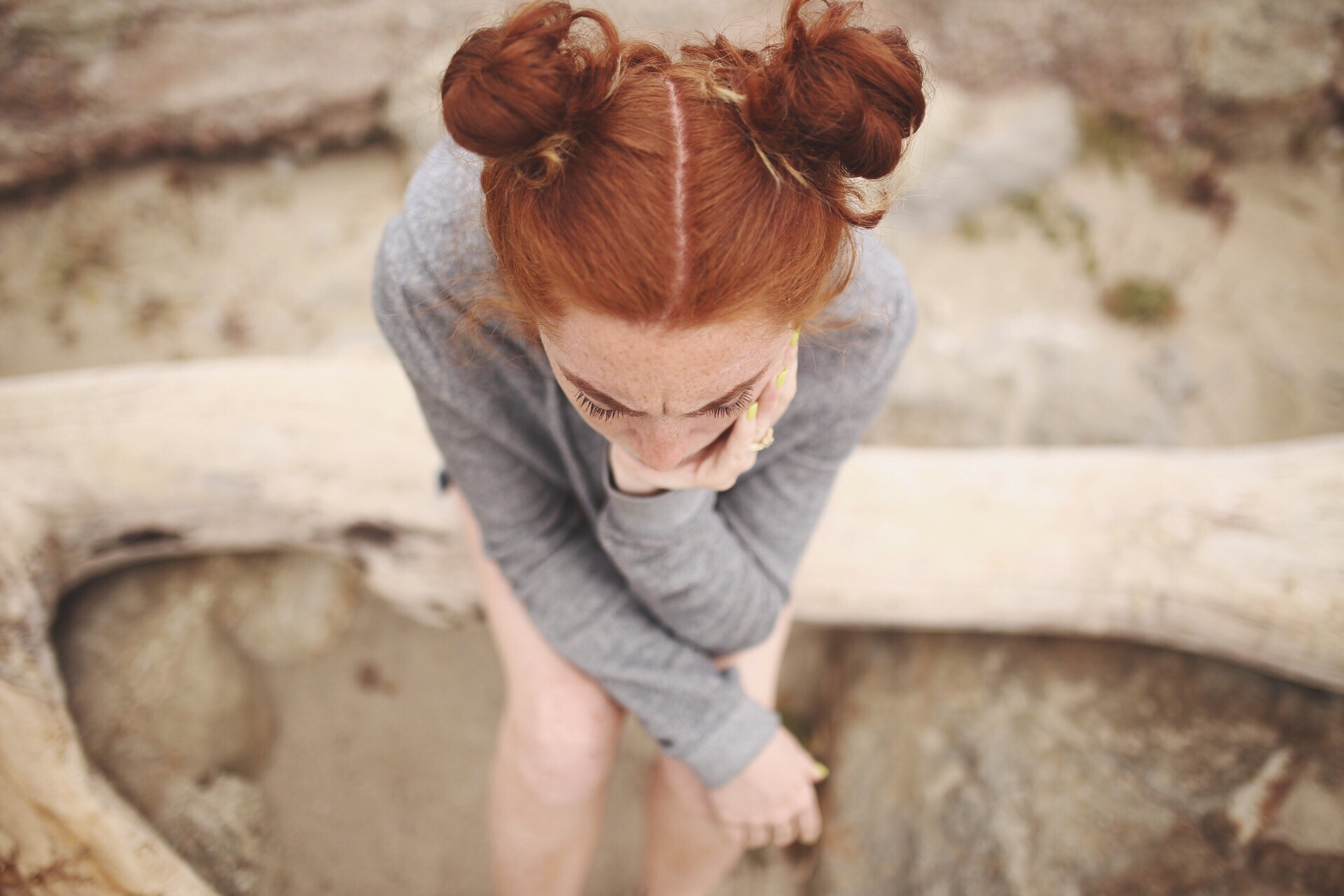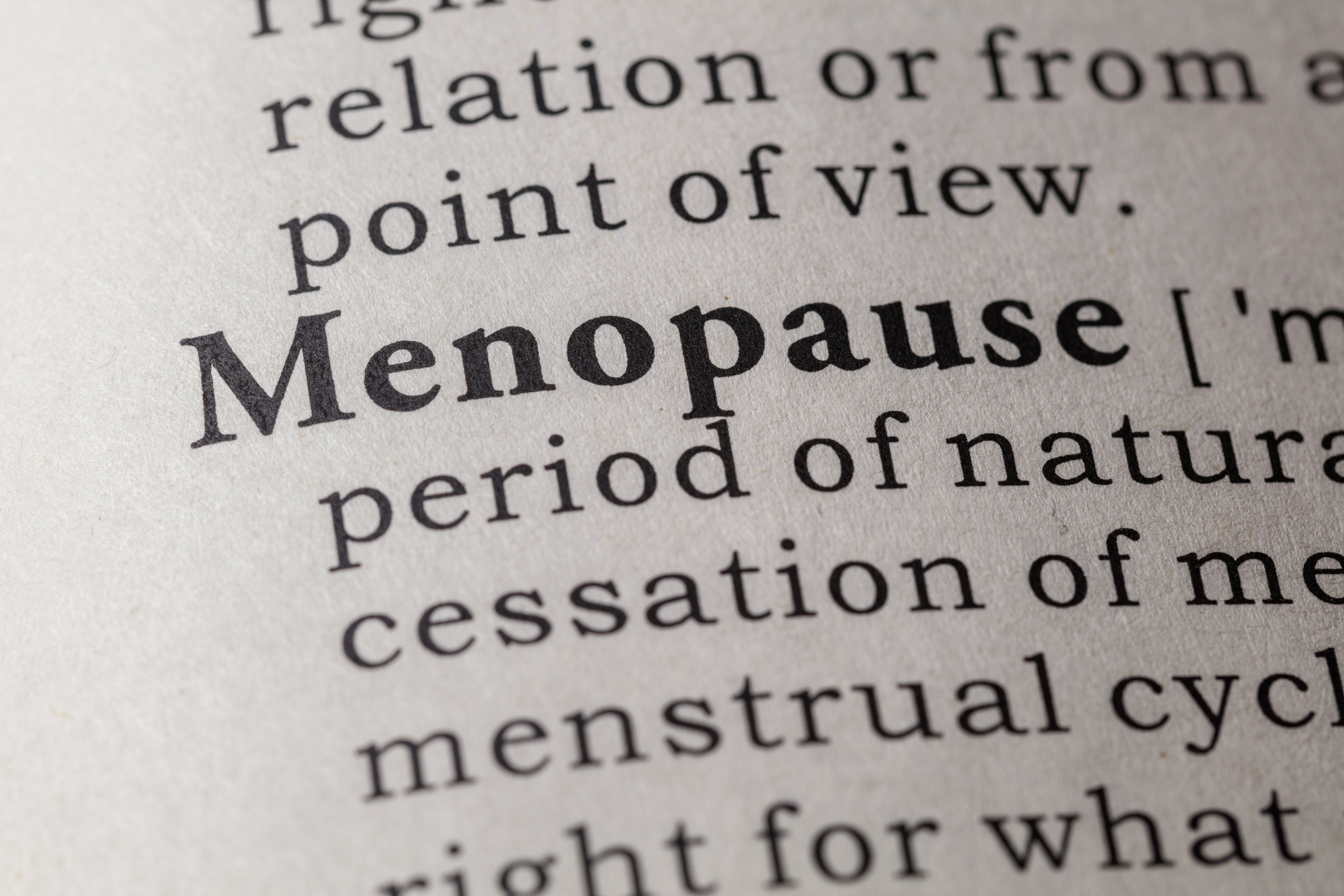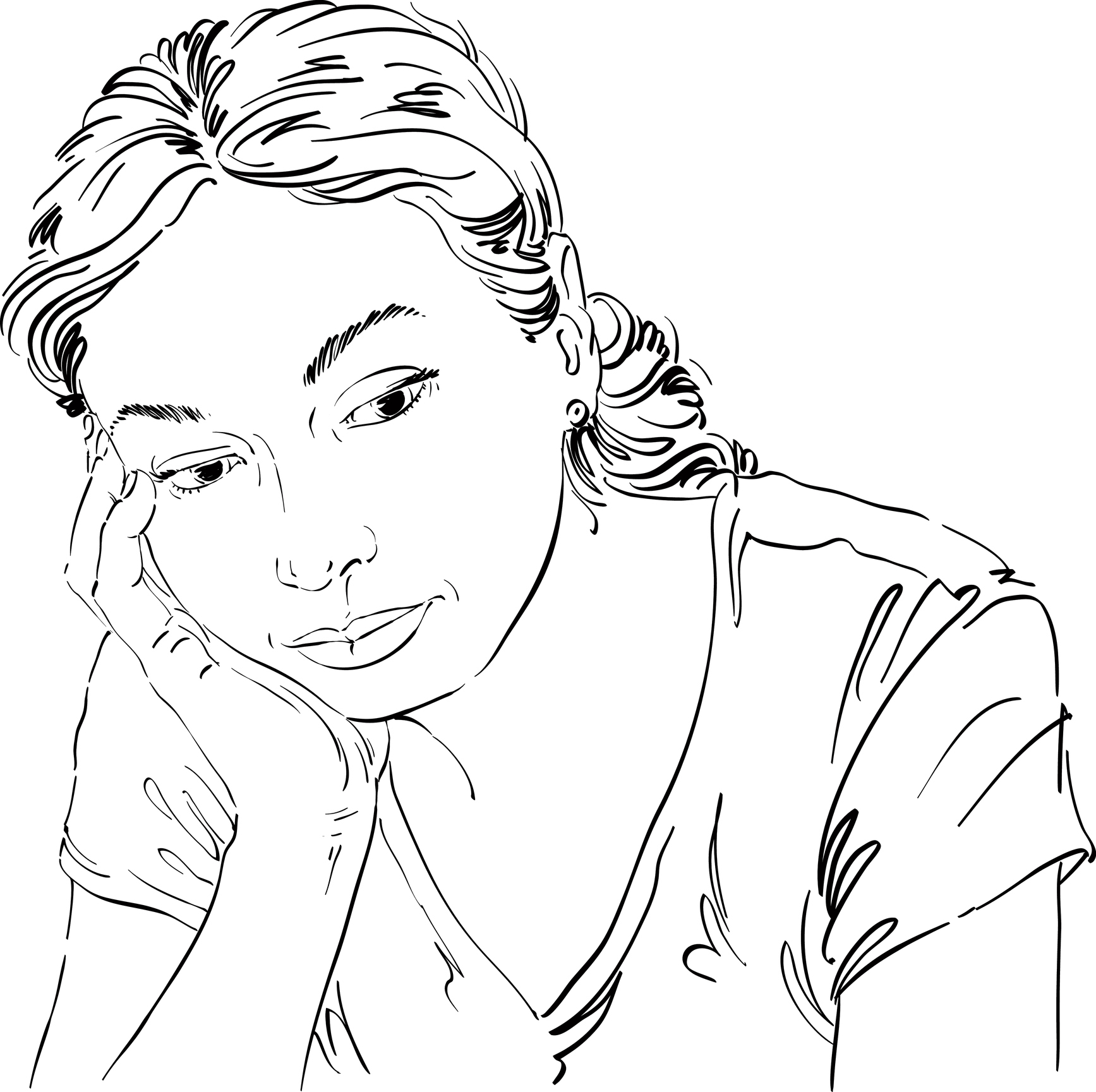How often did menopause cross your mind when you were 20?
It was probably something far off, in the distant future, to worry about once you’d finished building your career, your family, and whatever else you had planned, right?
For most of us, the menopause will strike at some point roughly between the ages of 47 and 53, but premature menopause affects one per cent of women before the age of 40. And, for the one in a thousand women under 30 who are affected, it can be especially devastating.
Emily is 17 years old and was recently diagnosed as going through an early menopause. As someone who’s always wanted to have children, she says, it’s been heartbreaking. She feels like she’s lost a fundamental part of who she is. She says it’s isolating, “there isn’t anyone to talk to about it, because it’s not a common problem, so it’s always this little thing I’m hiding.”
Throughout puberty, Emily says she’s always felt different from her friends.
“I was the last of my friends to get my period. It was something I longed for so I was excited when, in year 9, I started,” she says. “I was irregular for the next nine months, but my mum reassured me that was normal – and then they just stopped. My physical appearance has taken a long time to develop too, so I have very small boobs and no hips.”
Emily is now on the pill, to provide her with the hormones that her body is no longer able to produce. The technical term is ‘premature ovarian insufficiency’ (POI), but that doesn’t really do justice to the turmoil it’s wrought on Emily’s life.
“I feel very anxious about the future – I haven’t really thought about it in too much depth because it scares me a lot,” she says.
In 90 per cent of cases, like Emily’s, POI is ‘spontaneous’ or ‘idiopathic’ – meaning doctors simply don’t know why these women’s ovaries stop working. In other cases though, POI can be the bittersweet side effect of life-saving medical treatments.

For 30-year-old Becki, the menopause was brought on by aggressive chemotherapy, after she was diagnosed with osteosarcoma (bone cancer) at the age of 21.
“The symptoms started about a year into my cancer treatment, and my periods never came back,” she says. “For me personally, the hot flushes were the worst thing – it was unbearable. Even my mum, when she went through the menopause naturally, didn’t have it as bad as I did. I’d have a shower and still feel hot.”
Emily also experienced hot flushes from about the age of 15, although she didn’t realise what they were at the time.
“I just thought I got hotter than the average person my age, but I’d have to plan my day around them, and what I would wear so I was prepared,” she says.
Like her, Becki feels devastated by the loss of her fertility, and angry that she wasn’t given the option of freezing her eggs beforehand.
“You do grieve for the life you would have had, or the child you would have had,” she says.”‘When you’ve got a five or 10 year plan for your life, it’s really hard to just lose that. I’ll always feel the fertility thing. I even worry about relationships, the idea that a man might never want to be with me because of it.”

29-year-old Lucie’s experience of the menopause has been more complex. She had a hysterectomy late last year, after years of suffering from pre-menstrual dysphoric disorder (PMDD) – an extreme form of PMS that left her feeling suicidally depressed each month.
“I went to see a gynaecologist was I was 26. At that point I was very suicidal and at the end of my tether, I just needed her to give me something to make it stop right away, otherwise I probably would have ended up dead,” she says.
Lucie was initially given GnHR injections, which are also used to treat endometriosis and induce a temporary chemical menopause. Although she was already married with two children by this point, Lucie says the loss of fertility was definitely still a concern.
“Up until I had the first injection, I was 100 per cent sure that I would want another child, but after I had the injection and started to feel better, the thought of coming off it terrified me to the point that I just knew I had to sacrifice it,” she says.
“This is where I probably differ from many women who go through an early menopause, because I just felt such relief,” she adds. “Although I had menopausal side effects, they were so much better than how I’d felt before that I was relieved more than anything. The biggest problem for me was horrific chronic migraines, and then there were also things like night sweats and hot flushes, which were annoying but bearable, and lack of libido. My mood became quite flat after a while, but I was low really, rather than depressed.”
Like Becki and Emily, Lucie says one of the hardest things has been not having anyone to talk about her experiences with.
“Everybody in my age range is still thinking about babies, and there wasn’t really any help available, or anyone for me to talk it through with. I had to go and do all my own research and that kind of thing. Even speaking to older women, because my experience is so different, it doesn’t really translate into their experience of the menopause,” she explains.
Emily too says, “my friends are amazing and I tell them everything but, because they don’t know exactly what it’s like, they can’t wholly understand. They know to be sensitive in conversation though, say when they’re talking about children.”
For UK-based Becki, finding support group The Daisy Network has been invaluable, but she wishes health professionals had signposted her towards the support available.
“It does worry me that if I wasn’t so social media savvy, and if I hadn’t had such a supportive mum who helped me research it, I would never have found that support,” she says.
“I definitely went through depression [during the menopause]. Even though part of that was about my fertility, I do think a big chunk of it was a symptom of the menopause itself. No one tells you – at least not at my age – that when you go through the menopause you might get depressed,” she adds. “It’s the small things, like signposting information and support aimed at younger women, that would really help you socially, and help your mental health.”
For more information and support with premature menopause, visit The Daisy Network at: https://www.daisynetwork.org.uk/
You can also visit the New Zealand Early Menopause Support Group at: http://www.earlymenopause.org.nz/about_early_menopause/




